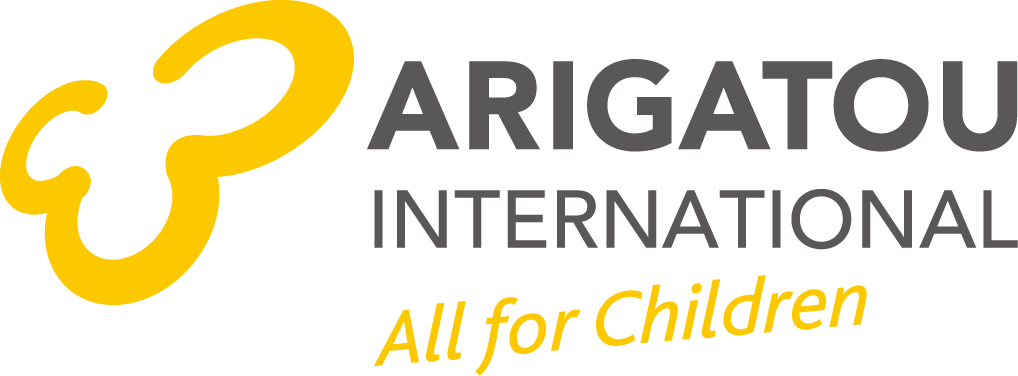Nurturing ethical values and children’s spiritual development can make a difference in the lives of children, their families, and their communities. With this in mind and responding to the needs of our partners in the field, Arigatou International – Geneva adapted its Learning to Live Together program for the middle childhood years. After a two-year-long process, the adaptation of the program was launched on 23 November 2021, during the Transforming Education Symposium.
Learning to Live Together – An Intercultural and Interfaith Program for Ethics Education for Children 6 to 11 Years Old is designed to support educators in formal and non-formal educational settings to carry out transformative educational experiences. It provides them with pedagogical guidelines, tools and resources tailored for children in the middle childhood years. It was developed in collaboration with UNESCO within the framework of Sustainable Development Goal 4 to “Ensure inclusive and equitable quality education and promote lifelong learning opportunities for all,” and is intended as a contribution to the realization and fulfillment of children’s rights.
While the original manual is intended for children between 12 and 18 years of age, this new, carefully adapted publication focuses on younger children allowing an earlier introduction to self-reflection and ethical values.
“Learning to Live Together addresses the need to provide children earlier in life with opportunities to strengthen their sense of self and purpose, to learn to empathize with and respect people from diverse cultures, religions, spiritual traditions and beliefs, and to develop 21st-century skills that empower them to learn to reconcile their differences with others, care for the environment, and transform their communities together.” Rev. Keishi Miyamoto, President, Arigatou International.
This publication builds on 13 years of successful implementation of the Learning to Live Together manual in 50 countries, reaching more than 4,500 educators and 435,230 children.
A Group of Experts formed by specialists on peace education, interfaith learning, child rights, ethics, quality education, teacher training, children and youth participation, and theologians, coming from different regions of the world and different religious and non-religious backgrounds, provided recommendations throughout the process.

The adaptation was developed based on the findings of a series of pilot workshops with children carried out in 2019 in Ecuador, El Salvador, India, Kenya, Portugal, Romania, and Tanzania, with the support of the Global Network of Religions for Children – GNRC. The pilot workshops demonstrated the potential of the Learning to Live Together program and its transformative pedagogy for creating conducive and safe environments for children.
In 2020, the different sections of the manual were developed following the learnings from the pilots, several stakeholders’ meetings, and with the guidance of the Group of Experts.
The content was reviewed and tested in 2021 through additional pilot workshops with children in Bhutan and Indonesia, and meetings with various stakeholders in the United States and the Middle East.
The manual includes the ethics education conceptual framework, important considerations on the spiritual and ethical development of children in the middle childhood years, as well as a user’s guide, a learning module and more than 50 practical activities and additional resources for educators.

The new manual will be translated into Spanish in 2022 and regional or national launches will be held in different locations. A training strategy will be rolled out in collaboration with different partners to build capacities on the use of this new resource.
Learning to Live Together has benefited from the support of many partners and friends. We acknowledge with thanks the many organizations, experts, authors, peer reviewers, advisers, consultants, volunteers, and interns who made valuable contributions.
We thank the Group of Experts for their valuable contributions, the GNRC members and partners, the children, young people and youth facilitators who have participated in the pilot workshops; our partners at UNESCO, and our colleagues from the Arigatou International headquarters in Tokyo, and the offices in Nairobi and New York.
The post The New Learning to Live Together Manual for Children Ages 6 to 11 is Available! appeared first on Ethics Educations for Children.
